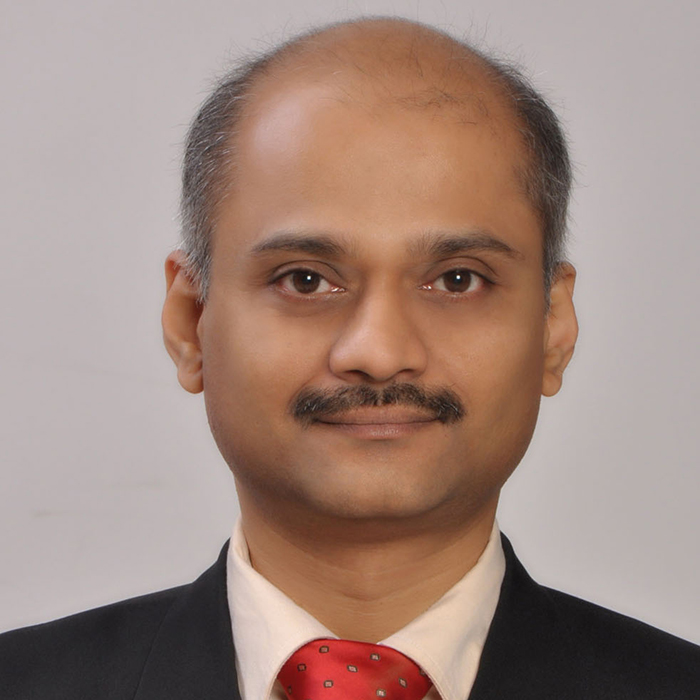#4 Interview With Ashwin Khambadkone
Podcast ·Lalit and Abhijit talk to Prof. Ashwin Khambadkone who is currently a Professor at the National University of Singapore, and has rich experience in academia as well as industry.

- Guest Profile: Prof. Ashwin Khambadkone:
- NUS Homepage
- Experimental Power Grid Center
- PhD at University of Wuppertal, supervised by Prof. Holtz
- Change in Air Pollution levels due to Coronavirus (Article from Science Daily)
- Renewable Energy Sources are non-dispachable
- Traditional power system:
- Generation follows variation in demand for Power Balance
- RES are both variable and uncertain
- Data Analytics, Data Mining, Big Data etc have a lot of potential in providing some prediction and addressing uncertainity.
- Non-Technology based solutions:
- behavioral changes
- Time-of-use pricing for EV charging
- “Inconvence fee / factor”: Many regions have some form of demand based pricing for use of cars, (https://en.wikipedia.org/wiki/Congestion_pricing) e.g. London (https://tfl.gov.uk/modes/driving/congestion-charge) and Singapore.
- Problems need to be solved beyond purely from technology-basis
- Need to keep in mind the humans interacting with the system and the behavioural aspects of these interactions.
- More choice is not always necessary:
- e.g. stock market investing is “automated”
- Not just an electronic solution – a system solution
- Evolution of technology solutions:
- Old systems relied on “muscle” power and had heavy user interaction
- Evolved into energy self sufficiency
- Evolving into control self sufficiency
- Old way of doing engineering is changing – need to be aware of and understand the entire system
- “Making engineering more interesting”
- How should students of today prepare themselves for the challenges of complex-system thinking in modern jobs?
- First year curriculum re-design:
- Phasor representations
- Harmonics cannot be shown in conventional phasor diagrams
- Ask questions and connect the dots: link it to your own experience
- Systems thinking: Universal input voltage range
- How to ask questions the smart way. Prioritize your questions – we are in an information rich world
- How to find answers
- IEEE Spectrum, Electronics Magazines (Bodo, etc) How stuff works.com
- Websites of manufacturers
- Youtube teardown sites
- AmpHour Forum
- Electronics Stackexchange
- Electronics Reddit, r/AskEngineering
- Get a layman’s understanding: “You do not really understand something unless you can explain it to your grandmother.” this quote has been attributed to a number of people, not sure of actual origin
- Industry projects:
- The most important thing is to understand what the customer needs
- Its not always about just taking the best algorithm
- You need to consider things which no standard textbook will teach, e.g. current limit as a function of thermal loading of devices
- The system you develop should not require a PhD to operate!
- Run the system for an entire day!
- Problem definition is key!
- Multidisciplinary Approach
- The chase of a “Novel Idea”
- Closing remarks:
- Identify your priorities first!